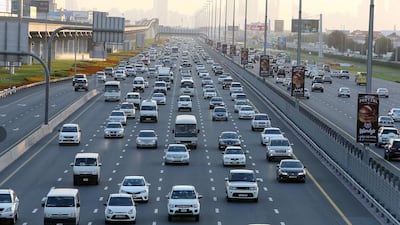In recent years, governments around the world have been looking to apply the principles of The Internet of Things (IoT) to the urban environment, creating “smart cities”. These are able to monitor the way they are being used and employing that data to solve problems. One such city is Dubai.
Dubai faces some interesting challenges over the next few years. The city is growing fast, with a population expected to hit 3.4 million by 2020. Each extra citizen increases the burden on its utilities, making management of power and water critical; a problem not helped by occasional ferocious sandstorms. Furthermore, an increasing number of this population are using cars to get around, raising tricky issues of traffic congestion and air quality.
In response, Dubai has been undergoing a transformation. It has ambitions to be the first truly smart city in the Middle East, focusing on areas such as transport and power. Last year, for example, the city’s Traffic and Roads Agency announced that every traffic light in Dubai had been connected to a central command centre. By using cameras and sensors on busy highways, the timings of these lights can be altered to mould traffic in real time, easing congestion and directing people away from problem areas.
Dubai is also connecting itself in more concrete ways. By 2030, the emirate plans to have solar panels on every rooftop in the city, providing a large proportion of its electricity through renewable energy and also powering a network of electric car charging stations. By monitoring household and corporate electricity use in real time through “smart meters”, the city will also be able to better anticipate surges, and divert or store power in predicted low periods.
Of course, all these sensors, meters and solar panels are only the first step in a long process. There’s little point collecting huge amounts of data if you can’t make any sense of it, and the city faces crucial challenges in analysing, storing and securing the huge amounts of information it is collecting on its population. It needs to test any interventions carefully and be prepared to go back to the drawing board if policies aren’t having their intended effect.
If it succeeds, however, its residents will reap the rewards, and the world will take note.

